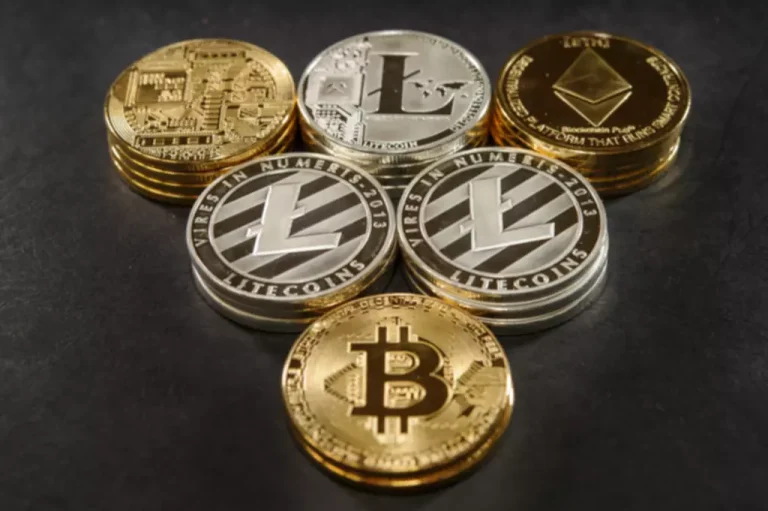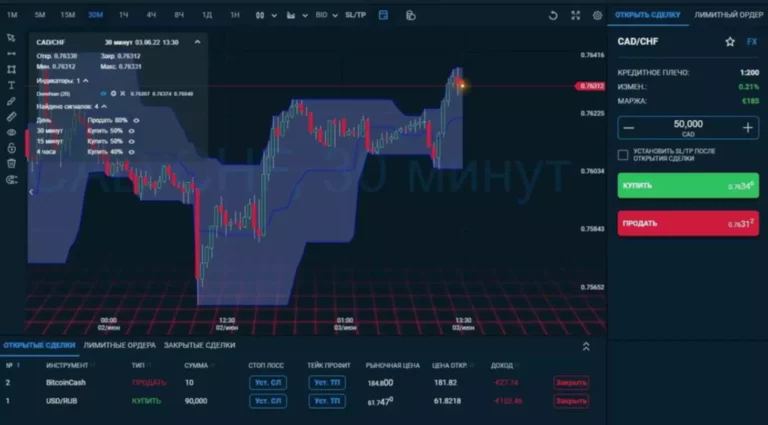When setting up a non-custodial wallet, you may get a mnemonic phrase of 12 to 24 words that you should write down and deposit someplace secure. If you presumably can’t entry your pockets anymore, you have to use the recovery phrase to regain access. Additionally, transaction fees are normally decrease, and if anything goes mistaken, you’ll be able to contact customer help providers. Yes, custodial wallets are protected to make use of but users need to do their own research before selecting one. It is better to select custodial wallets that adjust to laws and supply sturdy security and insurance coverage protection.
Deciding between a non-custodial and custodial crypto wallet sort is basically a matter of deciding which features in a wallet are most important to you. Custodial wallets are typically preferred by newcomers and those who value the set-and-forget nature of managing their crypto by way of an exchange or other centralized pockets provider. Non-custodial wallets are for those customers who wish to exert more control over who has access to their funds. There are professionals and cons for both forms of wallets, so weigh your consolation degree with the options that matter most to you earlier than deciding.

In crypto phrases, the keys serve the purpose of receiving inbound cryptocurrencies and deal with the encryption of outbound transaction information. While depositing cryptocurrency to a pockets, a public key’s required to be entered as the deposit address. Normally, you merely have to know the receiving handle if you wish to send funds, or provide your individual handle to receive a transaction. Many wallets make this course of simpler with the help of QR codes, allowing you to send or obtain crypto assets in a quick and secure way.
Custodial Vs Non-custodial Crypto Wallets: What’s The Difference?
A crypto pockets is extra similar to a bank account in the sense that banks hold monitor of transactions, transfers, and operating balances. Online and cell banking functions enable us to faucet into our financial institution accounts and handle our belongings. Similarly, crypto wallets hook up with the blockchain and allow us to manage our crypto assets. Furthermore, sure governments have fully banned the utilization of custodial wallets for finishing transactions for users in sure areas.
- Despite the benefit custodial wallets provide in terms of usability and simplicity, some traders favor to take further warning when giving up custody of their property.
- Some non-custodial wallets require internet connectivity to operate, however, so offline hardware wallets are usually the most secure option on this regard.
- Regardless of which possibility you resolve to make use of, it’s vital that you do your individual analysis before committing your crypto investments to any kind of storage.
- But a crypto wallet isn’t like an everyday pockets during which you’d hold your bank cards and money.
- In fact, most companies offering custodial pockets companies are well-known and established crypto exchanges like Coinbase, Kraken and Crypto.com.
- If you may have simply started buying and selling crypto, a custodial wallet may be the right fit as it protects your belongings while you achieve some expertise.
Finally, because of the transparency of the blockchain, transactions are less private than on a centralized custodial change. Custodial wallets are sometimes safer for novices that don’t know how to safely take care of their belongings. Non-custodial wallets usually present a greater degree of security and flexibility than custodial wallets, but they require a certain amount of technical understanding for protected use. One of the major benefits of using a custodial wallet is that it can be an effective way of avoiding excessive transaction charges. For instance, interacting with Ethereum-based decentralized applications (dApps) during periods of excessive community congestion could be fairly expensive. However, many custodial wallets usually offer a flat charge for transactions, or in some cases, no payment at all.
Offline Accessibility
However, non-custodial wallets aren’t as easy to use as custodial wallets. When utilizing a non-custodial wallet, users should remember that if they lose the personal key, the coins in the pockets are essentially misplaced forever. Users must develop a set of practices to maximise safety and protect personal keys so as to benefit from the full advantages of a non-custodial pockets.

The non-public secret is more similar to the username and password that grants us entry to our financial institution accounts in that it’s not info you wish to be publicly shared. If a thief steals your checking account credentials, they can filter the account. With a private key to a crypto wallet, a thief can shortly and simply drain the pockets by sending the funds to another pockets.
What’s The Difference Between A Custodial And A Non-custodial Wallet?
A non-custodial wallet, or self-custody pockets, is where the crypto proprietor is totally responsible for managing their own funds. The person has full control of their crypto holdings, manages their own non-public key, and handles transactions themselves. When FTX abruptly collapsed, customers around the globe discovered they might not withdraw assets from the crypto change. Bankruptcy filings revealed FTX had as a lot as $50 billion in liabilities and it’s unclear just what property stay. A custodial wallet (also generally known as a hosted wallet) is a digital wallet that holds your non-public keys and takes care of your funds.
Plus, we’ll explore a few of the different ways by which you can use each type of wallet and how to decide which one can be the best suitable choice for your needs. A liquidity disaster just like the one at Celsius may also jeopardize investor funds. And since custodial wallets can not operate offline, they’re extra prone to hacks and online theft. Users need to complete Know Your Customer (KYC) and Anti Money Laundering (AML) types for security and regulatory compliance. If you’re not keen to share your private information with a centralized crypto exchange or dealer, you have not any alternative in addition to a non-custodial wallet. For crypto users seeking the liberty provided by a non-custodial pockets there are a selection of trusted suppliers along with BitPay Wallet.
Just like you wouldn’t desire a stranger having your front door key, you don’t want anybody to possess your personal key. This is because any outdoors one who positive aspects access to a wallet’s private key can successfully take control of the property inside the wallet and transfer the funds elsewhere. And unlike conventional finance, there’s no method of reversing the transaction without https://www.xcritical.in/ rolling back the blockchain – something that very rarely happens within the business. Choosing between a custodial and non-custodial pockets is decided by the way you wish to secure your cryptocurrency. If you have just began buying and selling crypto, a custodial wallet may be the right match because it protects your property when you acquire some experience.
What Is A Non-custodial Wallet?
Meanwhile, a private secret is akin to the password used to entry your digital belongings. It also proves possession over these belongings stored within the pockets, and is used to switch cryptocurrencies out of the wallet. However, shedding your private keys implies that you also lose entry to your crypto holdings. Therefore, it’s custodial wallet imperative that you perceive how crypto wallets work, and the means to keep your keys safe. There’s an old saying in crypto circles, “not your keys, not your crypto”, which primarily means whoever holds a personal key’s the only true and verifiable proprietor of the funds in its corresponding pockets.

Instant withdrawals are available in non-custodial wallets, whereas some CEXs require a sure time to process transactions. A custodial pockets service (like Coinbase or Kraken) holds on to the private key, so it’s answerable for safeguarding a user’s funds. A non-custodial pockets (also often known as a self-custody wallet) then again, gives customers full control over their private key, and with it sole accountability for protecting their holdings.
While anybody can ship cryptocurrencies to a public handle, a personal secret is important for removing belongings from a wallet. Also, users should write down a mnemonic phrase to revive their wallets and entry their funds if their device breaks or is lost. The majority of custodial crypto wallets are web-based trade wallets. As such, crypto exchanges take custody of digital assets to provide a handy solution for crypto storage. Generally, centralized exchanges similar to Coinbase and Binance maintain users’ non-public keys for security and accessibility. This enables traders to entry their funds shortly and effectively with just some clicks.

Both custodial and non-custodial wallets have their own sets of advantages and limitations. For customers who prioritise ease of use and backup recovery options, custodial wallets are a smart solution. But for people who want full control and possession of their personal keys, non-custodial wallets may be what they’re in search of. Ultimately, it’s as much as the user, and the non-custodial Crypto.com DeFi Wallet is certainly one of many choices to contemplate. Aside from the advantages and security that non-custodial wallets bring, the Crypto.com DeFi Wallet has additionally built-in DeFi offerings, including DeFi Earn.
If users lose any delicate data, they’ll contact customer help and regain access to their funds. Centralized custodial providers are sometimes in a place to recuperate or reimburse clients if funds are stolen. Funds drained from a crypto pockets are gone eternally — except the thief decides to return them. Generally, a username and password (and an internet-connected device) are all which may be required to handle crypto assets in a custodial pockets. Unlike custodial wallets, customers can easily access their stored funds in any scenario and without KYC, as there is no want for a affirmation discover from any third celebration.